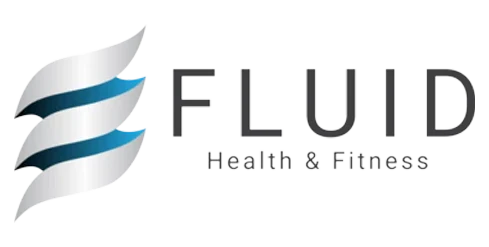What is exercise physiology?
Exercise physiology is a field of study that focuses on how the body responds to physical activity and exercise. The study of exercise physiology has evolved over time, with researchers and scientists advancing our understanding of how the body responds to exercise through different developmental stages.
Here are the developmental stages of exercise physiology:
Early History: The study of exercise physiology began in the early 1800s with the work of physiologists such as Edward Smith and Edward Hitchcock. They observed the physiological effects of exercise on the body and were some of the first to recognize the importance of regular physical activity for health.
Muscle Physiology: In the late 1800s and early 1900s, researchers focused on the physiology of muscle contraction and metabolism during exercise. This period of research led to the discovery of the role of lactic acid in muscle fatigue and the development of techniques for measuring oxygen consumption.
Cardiorespiratory Physiology: In the mid-1900s, researchers began to focus on the cardiovascular and respiratory systems’ responses to exercise. This research led to the discovery of maximal oxygen uptake (VO2 max) and the development of the field of exercise testing and prescription.
Applied Exercise Physiology: In the 1980s and 1990s, there was an increased focus on the practical applications of exercise physiology, including the development of training programs for athletes and the use of exercise for disease prevention and rehabilitation.
Molecular and Cellular Physiology: In recent years, there has been a growing interest in the molecular and cellular responses to exercise. This research has led to the discovery of numerous signaling pathways and molecular mechanisms that underlie the health benefits of exercise.
Overall, exercise physiology has undergone significant developmental stages, from the early observation of exercise’s physiological effects to the molecular and cellular mechanisms that underlie the health benefits of exercise.



